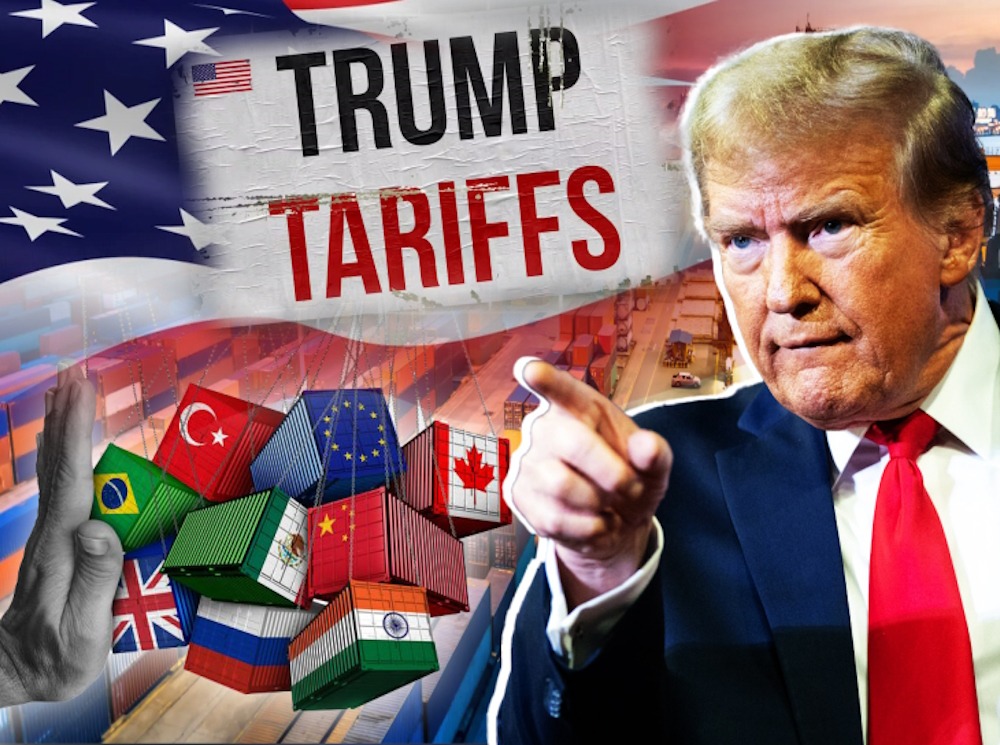US President Donald Trump announced on Friday his intention to increase steel and aluminium import tariffs to 50 percent, effective next week. This move represents a continuation of his trade wars, which are designed to safeguard domestic industries. “We’re going to bring it from 25 percent to 50 percent, the tariffs on steel into the United States of America,” he stated, while addressing workers at a US Steel plant in Pennsylvania. “Nobody’s going to get around that,” he added in the address to blue-collar workers in the pivotal state that contributed to his electoral success last year. Shortly thereafter, Trump stated in a Truth Social post that the increased rate would extend to aluminium, with the new tariffs “effective Wednesday, June 4.”
Since resuming leadership in January, Trump has enacted extensive tariffs on both allies and adversaries, actions that have disrupted the global trade framework and unsettled financial markets. The tariffs experienced a temporary legal challenge earlier this week when a court determined that Trump had exceeded his authority. However, an appellate court on Thursday ruled that the tariffs may persist while the litigation progresses. Trump has implemented targeted tariffs that impact sectors including the automotive industry.
As reported by the US International Trade Administration, Brazil emerged as the second-largest exporter of steel to the United States from March 2024 to February 2025, exporting 3.7 million metric tons, while Mexico followed with 2.9 million metric tons. Canada ranks as the foremost entity in this context. In 2024, Argentina emerged as the sixth-largest exporter of aluminum to the United States, delivering over 176,000 metric tons, as reported by US data. This development occurs under the leadership of President Javier Milei, who is noted for his close ties with Trump. The United States relies on imports for approximately fifty percent of its steel and aluminium consumption across various sectors, including automotive, aeronautics, petrochemicals, and essential consumer products like canned goods.
On Friday, Trump articulated a defense of his trade policies, contending that tariffs served to safeguard US industry. He noted that the steel facility he was addressing would not have come into existence had he not implemented duties on metals imports during his initial administration. On Friday, Trump highlighted a prospective collaboration between US Steel and Japan’s Nippon Steel, yet provided limited new information regarding an agreement that previously encountered bipartisan resistance. He emphasized that notwithstanding the recently disclosed intended collaboration between the US steelmaker and Nippon Steel, “US Steel will continue to be controlled by the USA.” He stated that the company would not engage in lay-offs or the outsourcing of jobs. Upon his return to Washington late Friday, Trump informed reporters that he had not yet given his approval for the deal. “I must approve the final agreement with Nippon, and we have yet to review that final agreement, but they have made a substantial commitment,” Trump stated.

